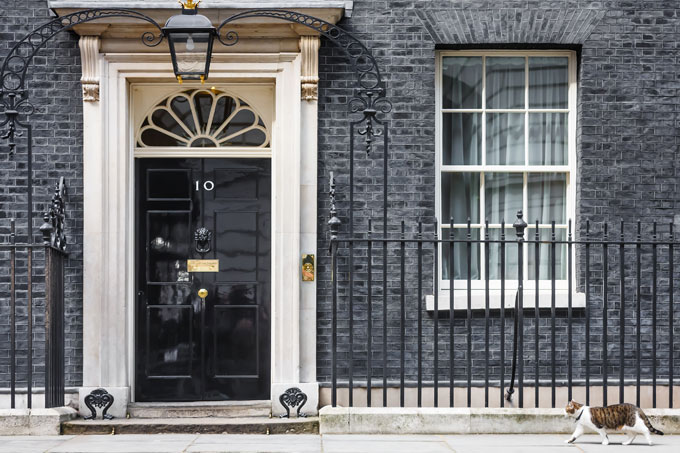Professor David Bates argues that politicians need to ‘step-up’ and offer imaginative, creative policies not only to solve today’s issues, but to also secure our long-term futures.
If there is one thing that depresses me most about contemporary politics, it is the failure of imagination among political leaders.
We are currently faced with a series of intersecting existential crisis – the most pressing of which is that which presents us with the reality of the mortality of our species – the climate emergency.
The problem is so great that we cannot imagine how to deal with it, and our lives often so difficult that we do not have the capacity to constructively think about the long-term.
As the problems becomes bigger, our world seems to close in. Solutions to the crisis seem more unimaginable than the endpoint of crisis itself. As Fredric Jameson has maintained, it is often ‘easier to imagine the end of the world’ than a change of the dominant socio-economic system.
This focus on the immediacy of the present has many causes – some historical and others more recent – but in a way, all are systemic.
Politics and economics after 1979 reconfigured the margins of the possible. And the ideological partiality and toxicity of news media has undoubtedly contributed to this.
More recently, the cost-of-living crisis has enhanced the real and perceived financial vulnerability of large sections of the British population; many people not simply living week to week but day to day, hour to hour. Even previously comfortable families being forced to rely on food banks.
The cost-of-living crisis has national and global causes. Austerity and financial restructuring resulting from the financial crisis of 2008 has been central. We also have the impact of the war in Ukraine on energy prices. This has driven up the living costs to often unbearable levels. And the mental health crisis stoked by austerity and the pandemic, has undermined not only individual but also social resilience.
Thus, our capacities have been undermined. But we should not undermine capability and capacity. If circumstances allow, people have the capability and imagination fit for the enormity of the task at hand. Political leaders need to do all they can to facilitate circumstances more favourable to addressing this task. Just as lies beget lies, honesty can beget honesty.
If we are going to support a sustainable world fit for future generations – or to state this in a less abstract fashion – a world fit not only for our children, but also our grandchildren and great grandchildren, then we need to act now. Beyond the platitudes, we need to take substantive action.
The action required will be of significant cost financially, emotionally and individually. Political leaders need a shift in their imagination, in order to contribute to real solutions, rather than perpetuating the problems. This requires the rediscovery not just of the virtue of honesty, but also a commitment to social justice. To enhance the social capacity and resilience necessary, we need to ensure that we do not simply dump all the hardship on the poor and the vulnerable. We need to rethink the post-1979 consensus. We need to ensure that those with the broadest shoulders bear the greatest weight. We need, in short, a fair and reasonable distribution of burden and benefit.
The Leaders’ Debate on Tuesday 4 June demonstrated further this failure of imagination. Soundbites without content, claims without evidence. Vague promises without cost. None of the responses seemed fit for purpose. If the hope of the imagination is to replace the timidity and insipidity of the status quo, our politicians need to step up. We deserve better than this!
David Bates is Professor of Contemporary Political Thought and Director of Research and Enterprise in the Faculty of Science, Engineering and Social Sciences.
 Expert comment
Expert comment Jeanette Earl
Jeanette Earl 1660
1660


